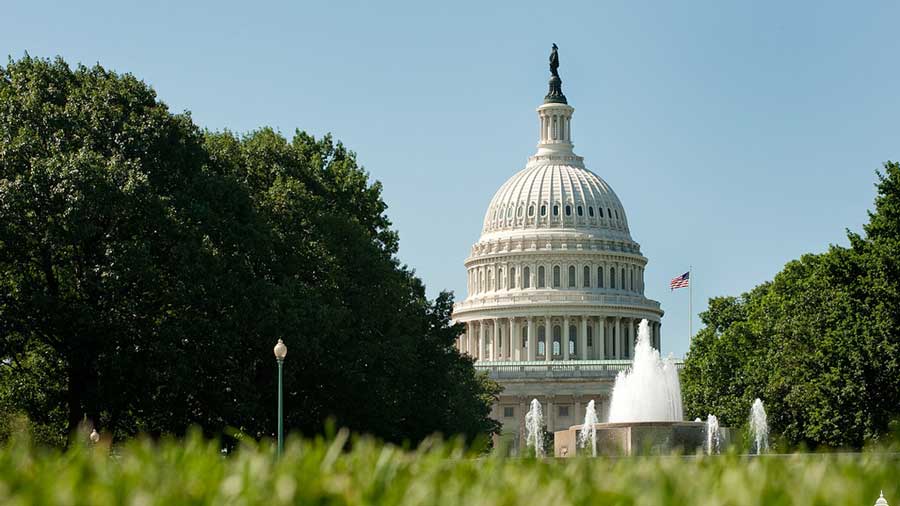CWA Tells Hill it is No Happier With T-Mobile-Sprint This Month

The smarter way to stay on top of broadcasting and cable industry. Sign up below
You are now subscribed
Your newsletter sign-up was successful
The Communications Workers of America doesn't like the proposed T-Mobile-Sprint merger any more than the last time it told Congress the deal would hurt workers—it represents about 700,000 across the communications industry.
That is according the prepared testimony of Chris Shelton, president of CWA, for a March 12 hearing in the House Judiciary Antitrust Subcommittee. A copy was provided to B&C.
The hearing comes a day after T-Mobile pledged to maintain its lifeline subsidy-funded broadband buildouts post-merger, but that did not lessen CWA's opposition to the deal.
It also comes a month after CWA told a House Communications Subcommittee that the deal would cost as many as 30,000 jobs and reduce wages as much as $3,000 per year.
"From the outset, let me be clear," said Shelton. "This merger as currently structured would kill American jobs, lower wages, and raise prices to enrich two foreign companies, Deutsche Telekom from Germany and SoftBank from Japan. These are two companies with long histories of violating workers’ rights."
T-Mobile has argued that merging with Sprint will create a more powerful "uncarrier" maverick, while CWA and others argue it reduces competition and jobs by shrinking the wireless telecom market.
T-Mobile has promised to maintain jobs, but Shelton isn't buying it.
The smarter way to stay on top of broadcasting and cable industry. Sign up below
"I can tell you that a promise to keep stores open is meaningless. A vague promise to keep employees is meaningless," he says. "Without binding and enforceable commitments – and I mean commitments that have no loopholes – such promises are just cheap sales talk and are easily broken."
T-Mobile and Sprint have said the deal means they could more quickly and efficiently roll out the 5G network the Trump Administration is eager to see eclipse efforts of China, and that it will allow the combined companies to compete for in-home video service eyeballs with traditional MVPDs.
Shelton was equally unpersuaded. "This bad deal is not saved by 5G, 6G or 7G. It is not saved because the next technological development is on the horizon. It is not saved by speculating about competition with cable companies."
In other T-Mobile-Sprint news, the FCC has paused its unofficial 180-day shot clock on the deal while it solicits public comment on additional economic info the companies provided last month. It will resume April 4 at day 122.
Contributing editor John Eggerton has been an editor and/or writer on media regulation, legislation and policy for over four decades, including covering the FCC, FTC, Congress, the major media trade associations, and the federal courts. In addition to Multichannel News and Broadcasting + Cable, his work has appeared in Radio World, TV Technology, TV Fax, This Week in Consumer Electronics, Variety and the Encyclopedia Britannica.

